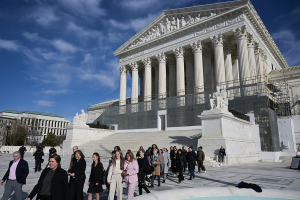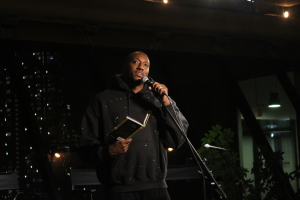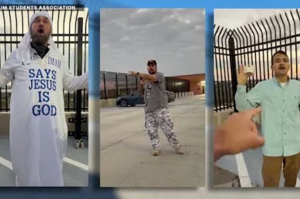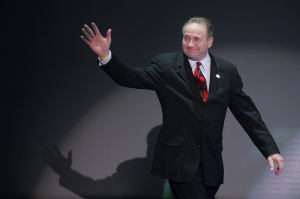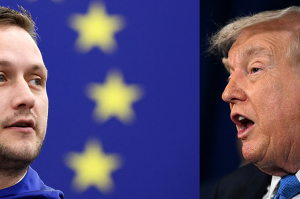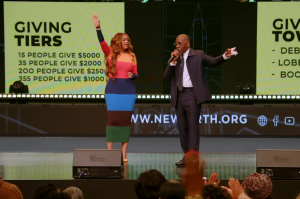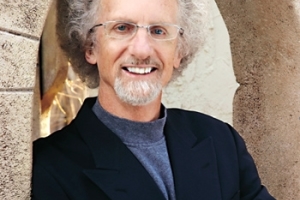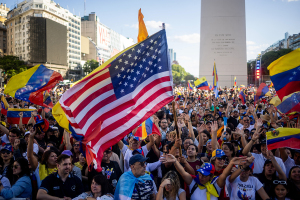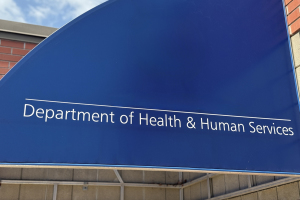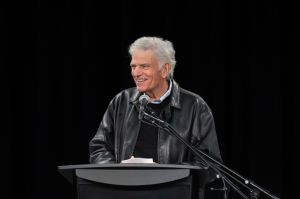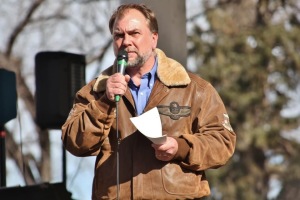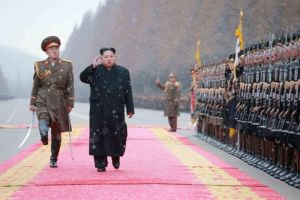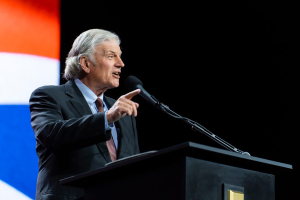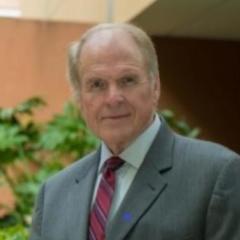
Wallace B. Henley
Exclusive Columnist
Wallace Henley is a former pastor, White House, and congressional aide. He served eighteen years as a teaching pastor at Houston's Second Baptist Church. Wallace, the author of more than twenty books, now does conferences on the church and culture, church growth and leadership. He is the founder of Belhaven University's Master of Ministry Leadership Degree.
His latest book, Who Will Rule the Coming ‘Gods’?, offers groundbreaking spiritual insight into emerging AI technologies.
Latest

Who will rule the coming 'gods'? (book excerpt)
The development of artificial intelligence promises either a brilliant future or a threat to the very survival of humans. Much will depend on the ethical values and moral codes programmed into the machines.
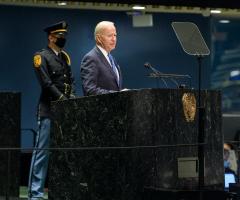
Authentic authority and the threat of raw power
On Friday, leaders of 136 nations took actions that should send a chill up the spines of their citizens.
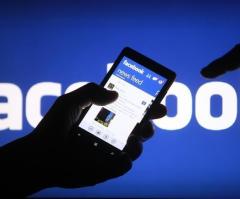
Facebook outage and Bible’s prophecy of sudden judgment
The global disruption of Facebook is a disturbing glimpse of the deeper reality of things revealed in the Bible’s apocalyptic books.

The abounding of (secular) apocalyptic visions
Two weeks ago, it was the Secretary-General of the United Nations warning us that the world is nearing a “pivot point”. Last week Joe Biden, president of the United States, declared that the nations are at an “inflection point”. Apocalyptic proclamations abound everywhere these days.
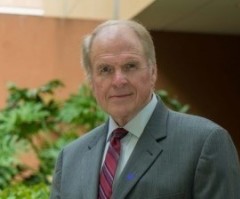
The United Nations chief's apocalyptic discourse
The world’s nations have lost their way and are speeding toward a “pivotal moment” that will bring on a breakdown of global order. The planet is squeezed in the jaws of “enormous stress” as the nations are in a state of enmity and “paralysis.” The speaker of those thoughts was not some raving religious zealot but the Secretary General of the United Nations, in a recent speech.
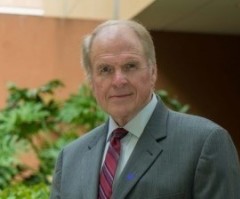
Harvard and the crisis of transcendence
The recent appointment of an atheist as the chief chaplain at Harvard University reveals the contemporary crisis of transcendence that says there is no Transcendent Being who created us, redeemed us, and therefore to whom we and our institutions are ultimately accountable.
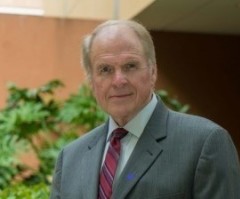
Who is sitting in the gates with Biden?
On top of all the other crises America faces, now comes this threatening issue about who controls the president. Who really sits in the gates of the nation at this precarious moment?
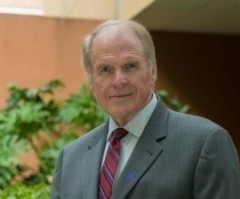
The Chamberlain moment and Biden's present leadership crisis
The question is this: Has Joe Biden’s image been damaged so severely through the events that have occurred in Afghanistan that he has the credibility and ability to lead a powerful nation midst the chaos of our times? The fate of the United States and perhaps even global security in a nuclear age may be at stake.
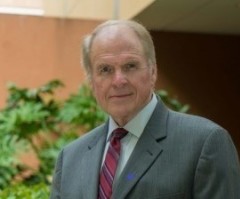
Now is not the time to run away
“Only about thirty percent of our people have returned.” The normally upbeat pastor sagged as he described the before and after impact of COVID-19 shutdowns on his church’s attendance.
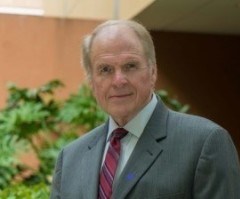
Getting to the heart of the 'systemic problem'
The problems America faces are systemic. However, the focus of the woke socio-cultural reformers is on the wrong system.





